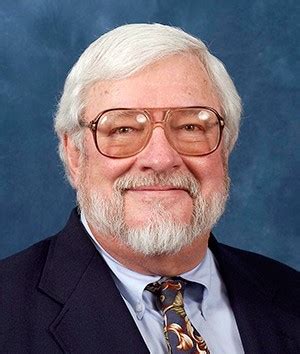Top 10 Quotes & Sayings by Karl E. Weick
Explore popular quotes and sayings by Karl E. Weick.
Last updated on April 14, 2025.
A small win is a concrete, complete, implemented outcome of moderate importance. By itself, one small win may seem unimportant. A series of wins at small but significant tasks, however, reveals a pattern that may attract allies, deter opponents, and lower resistance to subsequent proposals. Small wins are controllable opportunities that produce visible results.
Generalists, people with moderately strong attachments to many ideas, should be hard to interrupt, and once interrupted, should have weaker, shorter negative reactions since they have alternative paths to realize their plans. Specialists, people with stronger attachments to fewer ideas, should be easier to interrupt, and once interrupted, should have stronger, more sustained negative reactions because they have fewer alternative pathways to realize their plans. Generalists should be the upbeat, positive people in the profession while specialists should be their grouchy, negative counterparts.

















